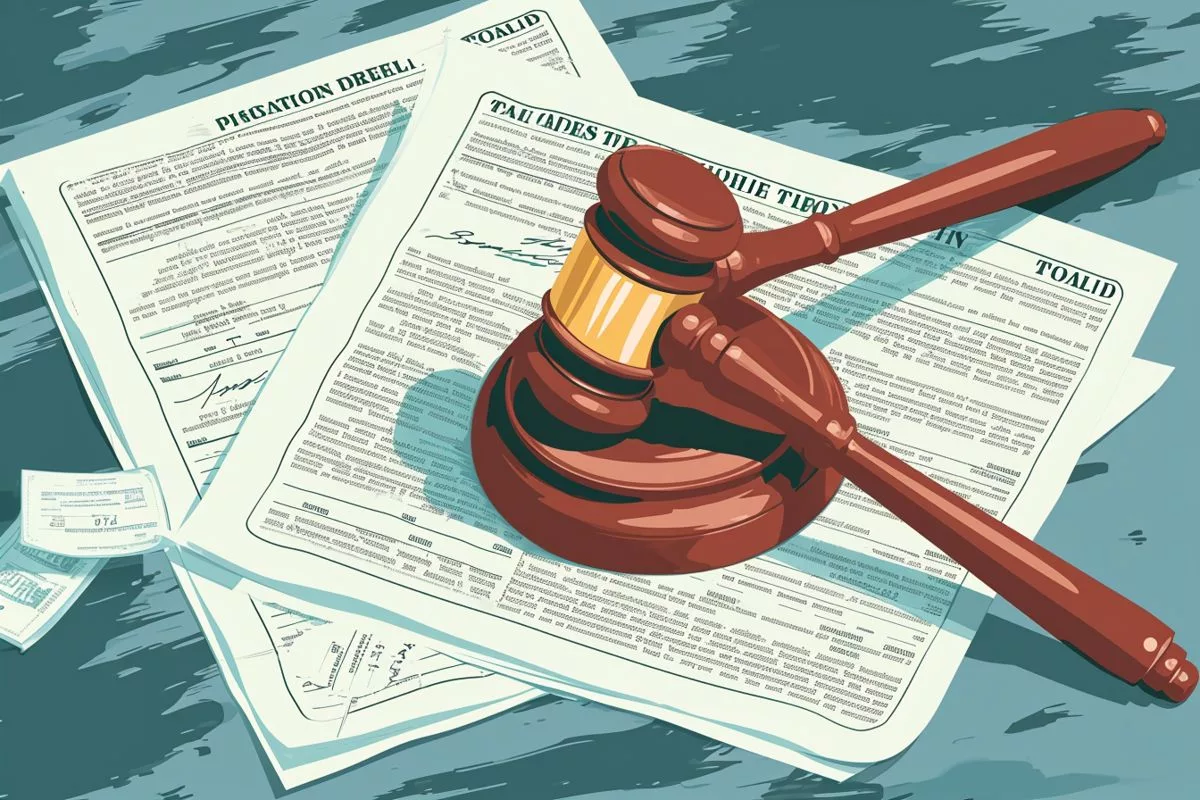Salim Essa, a former associate of the Gupta family, has been hit with a R2.6 billion tax bill by South African authorities as part of a wider crackdown on corruption. Essa is accused of participating in corrupt activities with government agencies. Public sentiment on social media platforms reflects frustration and skepticism over the government’s ability to hold corrupt individuals accountable. The case highlights the importance of international efforts to combat corruption and enforce tax laws.
South African authorities have imposed an unprecedented tax bill of R2.6 billion on Salim Essa, a former associate of the infamous Gupta family. Essa’s engagement in corrupt transactions with government agencies has sparked a heated debate among the public and on digital communication platforms.
Essa’s Legal Woes
As a pivotal figure in the group accused of siphoning billions from South African government coffers, Essa now finds himself in legal hot water. He has until February 13 to pay the colossal sum, in line with a broader international push to combat corruption and financial misconduct.
Global Efforts to Combat Corruption
The EU, a staunch opponent of tax evasion and money laundering, has enforced measures like the Anti-Tax Avoidance Directive (ATAD) to curb these illegal activities. Although the Essa case falls outside EU jurisdiction, the fallout from such corruption has global significance, highlighting the need for strong international structures to fight financial crimes.
Cyprus, an EU member state, adheres to the bloc’s regulations and has intensified its efforts to counter money laundering, aligning itself with EU rules. The country actively contributes to the OECD’s Common Reporting Standard (CRS), promoting the exchange of financial account information to deter tax evasion and ensure tax compliance.
Public Perception and SARS’s Determination
Public sentiment on platforms like Twitter reflects widespread frustration and skepticism. Accusations of government subversion and ineffectiveness in reining in corrupt elements are rampant. Many express doubts about the retrieval of the funds and bring up Essa’s alleged role in the “state capture” scandal during former President Zuma’s tenure, demanding accountability.
The hefty tax demand on Essa exemplifies the South African Revenue Service’s (SARS) renewed determination to pursue those who have wrongfully profited from the state. It stands as a warning that the law can hold accountable those involved in illegal financial activities, regardless of their status or affiliations.
International Implications
While Essa’s case remains a domestic issue, the international community can learn from it and draw comparisons. The joint efforts of organizations like the EU and OECD against corruption can serve as a guiding light for countries grappling with similar issues. The case also highlights the critical need for strict financial regulations and effective enforcement of tax laws to preserve the integrity of both local and global economies.
The Battle Against Corruption Continues
Salim Essa’s R2.6 billion tax bill is more than a South African matter; it reflects a global narrative that resonates with the ongoing fight against corruption and financial crimes. As the world watches this case’s progress, it serves as a stark reminder of the relentless work required to cultivate transparent and accountable governance worldwide.
Who is Salim Essa?
Salim Essa is a former associate of the Gupta family, a group accused of siphoning billions from the South African government. He has been hit with a R2.6 billion tax bill by South African authorities as part of a wider crackdown on corruption.
What is the international community doing to combat corruption?
The EU has enforced measures like the Anti-Tax Avoidance Directive (ATAD) to curb tax evasion and money laundering. Cyprus, an EU member state, adheres to these regulations and has intensified its efforts to counter money laundering. The country actively contributes to the OECD’s Common Reporting Standard (CRS), promoting the exchange of financial account information to deter tax evasion and ensure tax compliance.
How is the public responding to the case?
Public sentiment on platforms like Twitter reflects frustration and skepticism over the government’s ability to hold corrupt individuals accountable. Many bring up Essa’s alleged role in the “state capture” scandal during former President Zuma’s tenure and demand accountability.
What does the case highlight?
The case highlights the importance of international efforts to combat corruption and enforce tax laws. It also underscores the need for strict financial regulations and effective enforcement of tax laws to preserve the integrity of both local and global economies.
What is the significance of SARS’s determination?
The hefty tax demand on Essa exemplifies the South African Revenue Service’s (SARS) renewed determination to pursue those who have wrongfully profited from the state. It stands as a warning that the law can hold accountable those involved in illegal financial activities, regardless of their status or affiliations.










